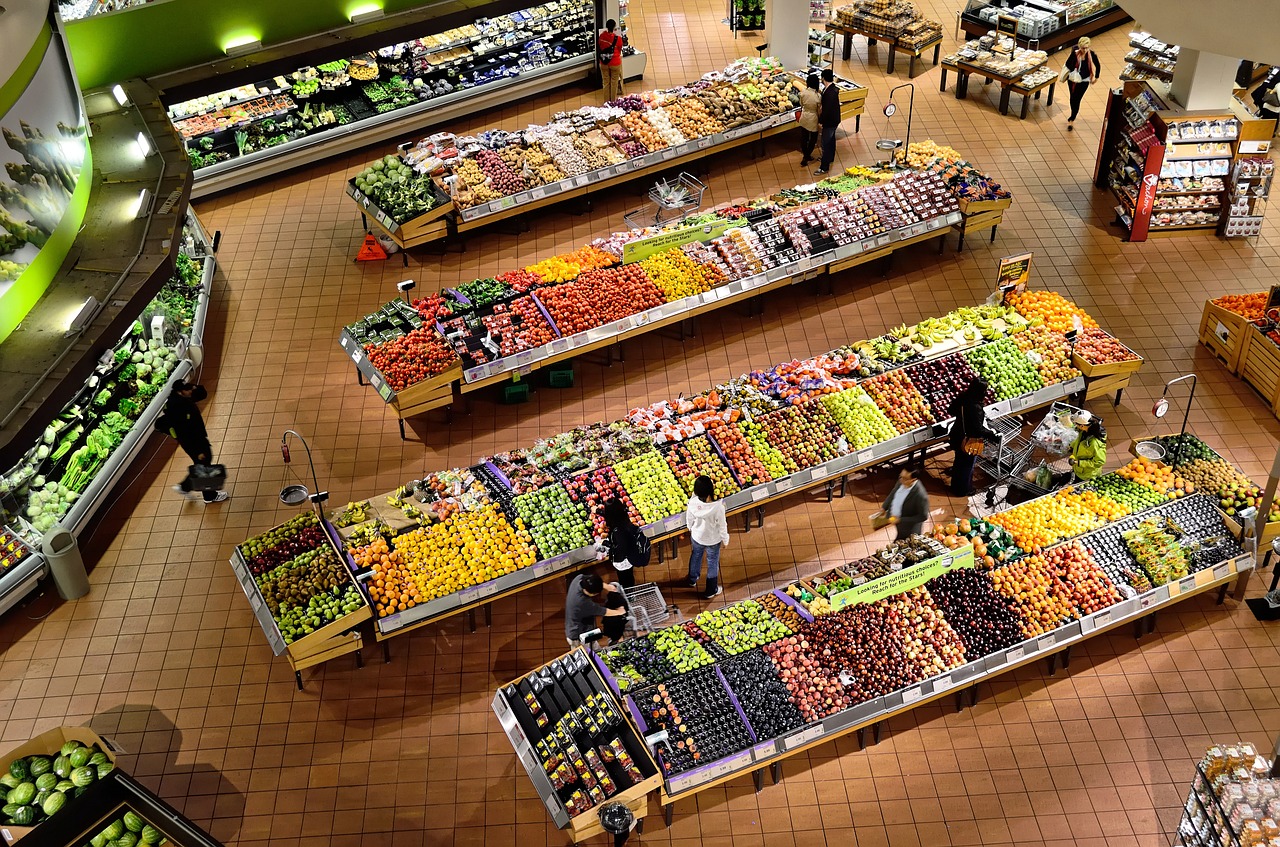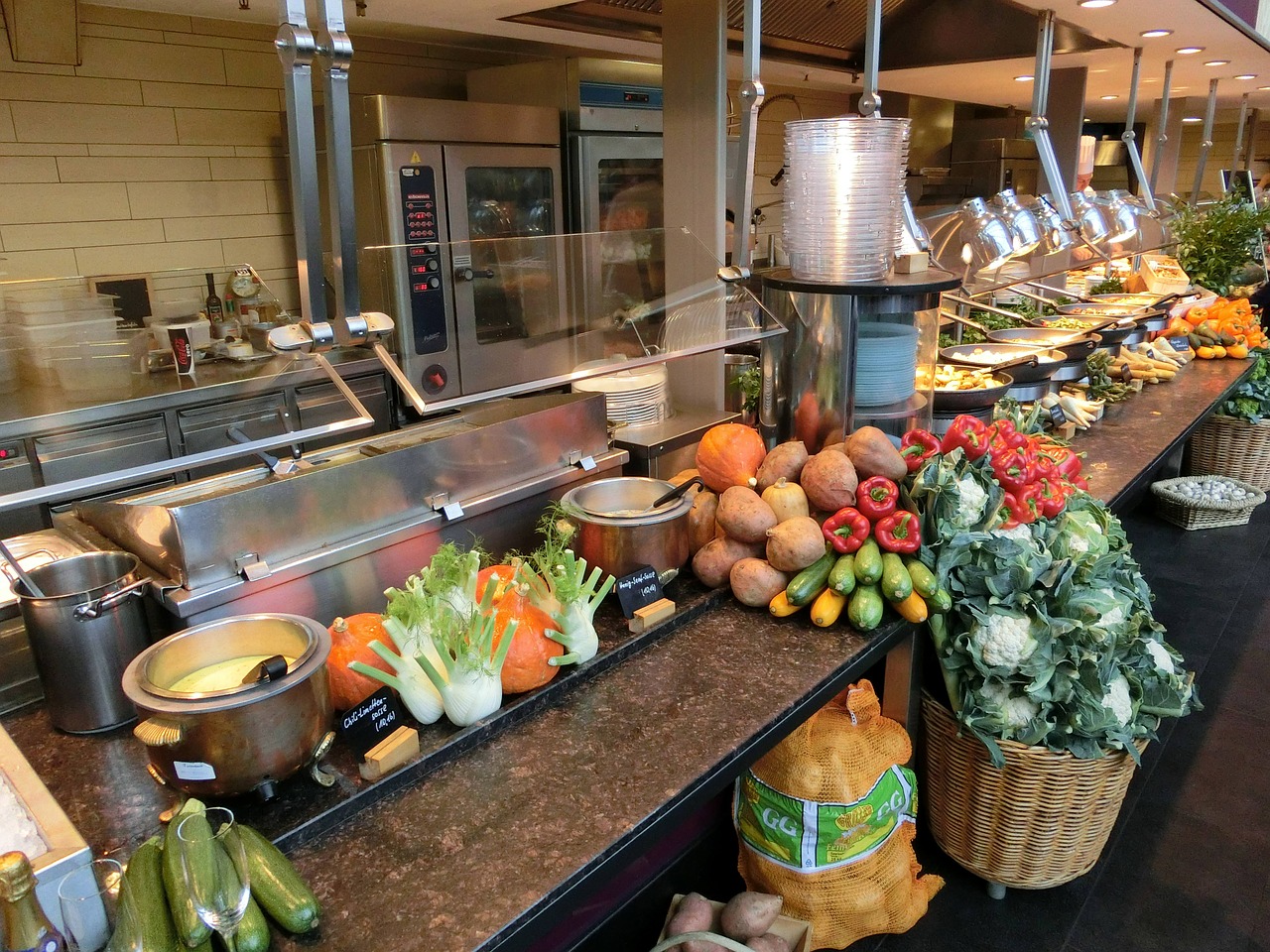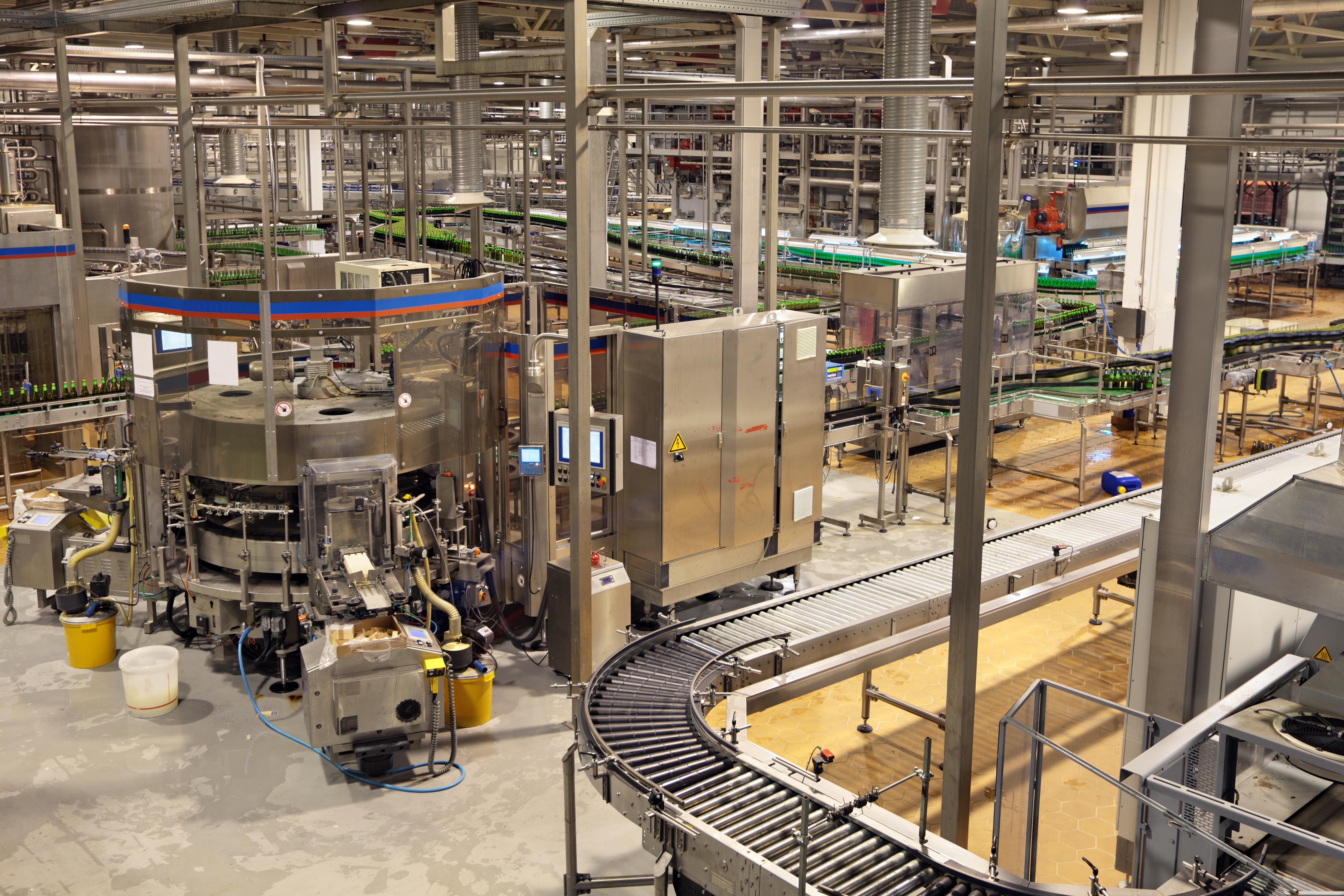Upgrading your enterprise systems to ensure your growing business needs and challenges for today and tomorrow.
April 9, 2020
11 am CST
Your business continues to evolve because of changing customer needs, global supply chains, digital manufacturing, technology advancements, mergers and acquisitions, and other important drivers. Is your ERP system keeping up?
Join us for this 20-minute virtual seminar as we focus on learning if it's time for your ERP System upgrade.
Read More
Topics: ERP, Manufacturing, Food & Beverage, Webinar, Process Manufacturing, Fashion & Apparel, CloudSuite Food & Beverage, Cloudsuite Fashion & Apparel, Chemical Processing
The Factory of the Future is coming, and it's being built on technology, innovation, and advanced manufacturing capabilities. But what is it, exactly? And what are the technologies you need to know about to help your manufacturing company embrace the change?
The definition of the Factory of the Future is evolving; even the name is in flux. Some call it Smart Manufacturing, Industry 4.0, or the Digital Enterprise. While the terms may vary, there's one thing that is clear: The Factory of the Future is the product of fast-changing disruptive technologies hitting manufacturing like a cyclone. Information technology and operational technology are both seeing drastic innovations and the convergence of these two forces is creating a paradigm shift. Manufacturing is experiencing the fourth industrial revolution.
Read More
Topics: Manufacturing, Process Manufacturing, Industrial Manufacturing
Independent Computer Consulting Group (ICCG) a Global Information Technology Solutions Provider for the Enterprise announced today that it has brought Michael Lea on board as General Manager for Americas focused on Process Manufacturing. Lea is a 25-year technology veteran who has demonstrated strong consultative sales management and leadership qualifications and has continued to remain a thought-leader about advanced software and business solutions designed to meet the diverse and rapidly evolving business demands of his clients.
Read More
Topics: Press Releases, Food & Beverage, Process Manufacturing, CloudSuite Industrial, CloudSuite Food & Beverage
The top US food and beverage companies have lost billions in market share since 2009 with shoppers heading towards specialized, fresher products instead of well-known big brands.
To stand out, you need to go niche and move into microvertical markets to keep up.
Continue reading to learn about the 4 things you can do to prepare your business to take on microvertical challenges.
Read More
Topics: Food & Beverage, Chemical, Process Manufacturing, Agricultural

MASTER SERIES FOR MANUFACTURING: Part 1 - A webinar designed to share a knowledge base for manufacturing sciences & technology and applications to improve production performance.
As we hear more about Industry 4.0; Industrial Internet of Things, and The Digital Factory, it might be a good time to reflect and develop a “Common Language” as it pertains to the word “Manufacturing.”
Since every word has specific meaning, we should ensure that terms such as “Manufacturing” and “Manufacturing Technology” are understood and articulated with a shared language.
This effort could also serve a very useful purpose as we review the developments in the past century and plan ahead for future ones.
“Manufacturing” is the REPETITIVE use of an organized collection of Physical processes, Information Processes and the combination of the two to achieve the “Product” at the required quantity, quality, cost, time and place.
It is the repetitive use of all processes that distinguish “manufacturing” from research, design, product development, etc.
Read More
Topics: Digital Transformation, ERP, Manufacturing, Food & Beverage, Webinar, Process Manufacturing, Artificial Intelligence, Fashion PLM

MASTER SERIES FOR MANUFACTURING: Part 1 - A webinar designed to share a knowledge base for manufacturing sciences & technology and applications to improve production performance.
As we hear more about Industry 4.0; Industrial Internet of Things, and The Digital Factory, it might be a good time to reflect and develop a “Common Language” as it pertains to the word “Manufacturing.”
Since every word has specific meaning, we should ensure that terms such as “Manufacturing” and “Manufacturing Technology” are understood and articulated with a shared language.
This effort could also serve a very useful purpose as we review the developments in the past century and plan ahead for future ones.
“Manufacturing” is the REPETITIVE use of an organized collection of Physical processes, Information Processes and the combination of the two to achieve the “Product” at the required quantity, quality, cost, time and place.
It is the repetitive use of all processes that distinguish “manufacturing” from research, design, product development, etc.
Read More
Topics: Digital Transformation, ERP, Manufacturing, Food & Beverage, Webinar, Process Manufacturing, Artificial Intelligence, Fashion PLM
For everything there is a season, as those in the Food and Beverage Industry are keenly aware. In parts of the world, harvest season is here; for others, it is spring planting. And, as 2018 coasts to year-end, it is also the season for summarizing achievements and setting new goals. Eager to capitalize on the growth momentum, F&B companies will soon be planning 2019 budgets and prioritizing the major initiatives for the coming year. With many game-changing innovations now available, companies should start early to strategize on the technology investments that will be key to seizing new opportunities.
Read More
Topics: Manufacturing, Food & Beverage, Process Manufacturing, Food Technology
The future looks bright for manufacturing. In the latest Manufacturers’ Outlook Survey from the National Association of Manufacturers (NAM), manufacturers’ optimism has risen substantially; almost 95% of respondents say they are positive about their own company’s outlook. This optimism is reflected in the UK, as well, with the EEF forecasting 1.4% growth in UK manufacturing in 2018.
Read More
Topics: Manufacturing, Process Manufacturing
Think about this:
81% of consumers in the 2016 IBM Consumer Expectations Study said they would choose one retailer over another based on the ability to see whether an item is currently in stock and if it will arrive on time. Whether online or in store, 72% of shoppers would make a purchase from another retailer if an item is out of stock, an increase from 42% in 2011.
All the while, Amazon continues to disrupt the retail industry with supply chain innovation as it drives consumer expectations toward quicker delivery rates: 72% of consumers now consider the option of two-day delivery a key factor influencing their buying decisions.
This trend means companies can no longer compete based only on the quality of their products; they also must battle on the performance of their supply chains.
Continue reading this blog from our partner, Infor to learn how digital commerce networks can help you deliver online orders on time.
Read More
Topics: Manufacturing, Process Manufacturing, Supply Chain, Warehouse Management Systems
Even the best innovators have notorious flops: New Coke®, Apple® Newton, Microsoft® Zune, LifeSavers® Soda, and Harley-Davidson® Perfume are a few notable examples. Some companies can overcome blunders because their sheer size makes them unstoppable market forces. But for others, even a single mishandled launch can threaten company-wide failure.
The risks are even greater for process manufacturers who must continually innovate with new and iterative products to excite customers and generate new revenue. But the path to profitable innovation is paved with challenges: tighter launch windows, fickle B2C and B2B customers, volatile market swings, and increasing demand for unique, customized products.
An uphill battle
Product development is fundamentally more difficult in process industries. For too many companies, years of internal research and testing lead to product launches that meet with lukewarm success-and negligible profits.
Read More
Topics: Food & Beverage, Chemical, Process Manufacturing, Agricultural









